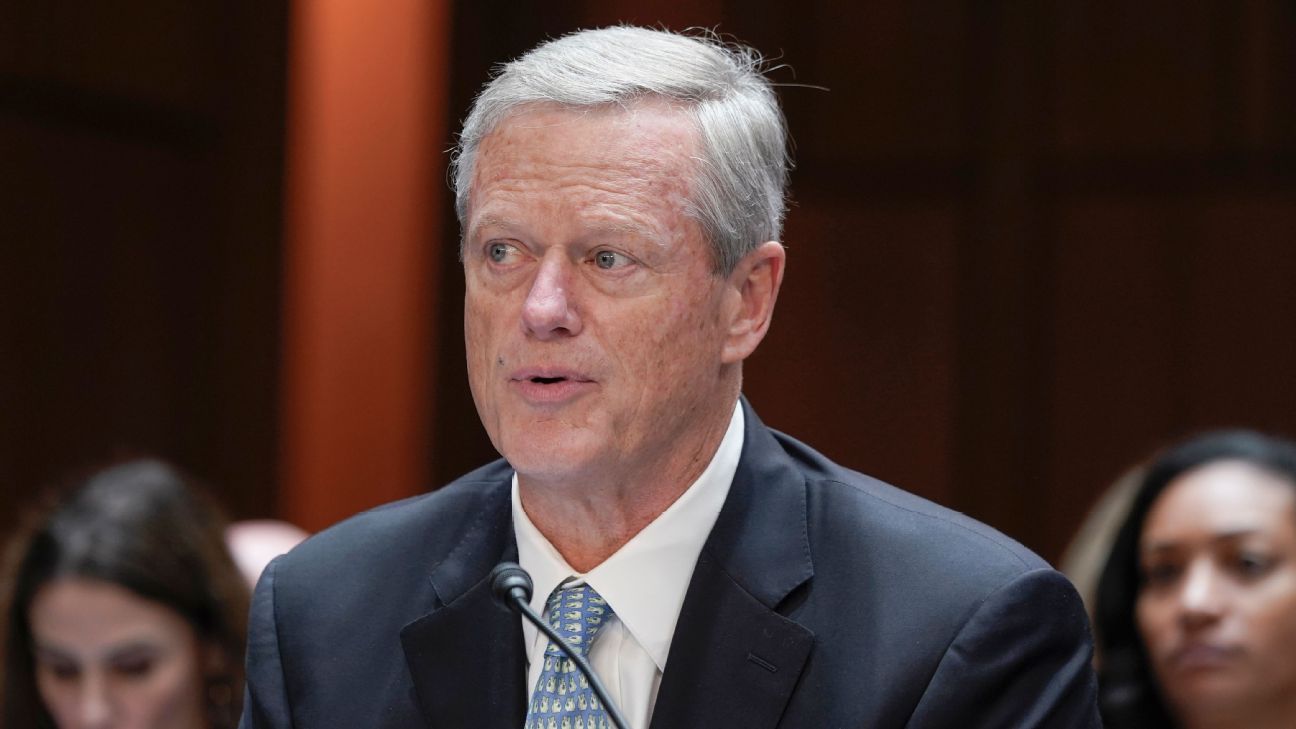Will an antitrust settlement actually settle college sports? Lots of questions remain


Pete Thamel
Dan Murphy

1 Related
This plan would not give the NCAA legal protection from future antitrust lawsuits, but it would make it much harder to create a large class of athletes suing the NCAA or its schools in the future. The potential financial damages for a case with one or few athletes as plaintiffs would be much smaller, and it would be much less appealing for a future lawyer to dedicate the time and resources to fighting a case that could take years to reach a conclusion.
“What plaintiff lawyer would take that case on behalf of one student?” Berman told ESPN. “It’s unlikely [a future student would sue] because these students are going to get a lot of money, and that lawyer would have to challenge an approved settlement agreement.”
Administrators are right to be cautious about Berman’s proposal, says Marc Edelman, a sports antitrust expert and law professor at Baruch College’s Zicklin School of Business.
Both Edelman and Berman compared the proposed solution to how the NFL handled a labor dispute in the early 1990s in a case called White v. NFL. Edelman, however, said a key difference in that case is that the NFL players agreed to recertify a previously existing players’ union as part of the settlement. Negotiating revenue-share terms with a players’ union — which does not currently exist in college sports — provided the NFL with protection from antitrust claims.
Edelman said it’s possible a judge would not approve a settlement that intentionally creates high barriers for future athletes to file lawsuits.
“If I were a judge, there are aspects of this settlement the way that it’s been reported that would be very concerning,” Edelman said. “…It may make a judge feel that this case moving forward does little if anything to obviate concerns about collusive behavior.”
Berman disagreed, saying the terms are fair to athletes because they can opt out of the settlement.
In addition to lawsuits brought by plaintiff attorneys, the NCAA is also currently being sued by multiple state-elected attorneys general. Settling the House case would not eliminate those threats, which are less dependent on providing lawyers with a financial incentive to pursue action against the NCAA.
Some college sports leaders say they are hoping a settlement that includes significant revenue-sharing money in the future will be enough of a show of good faith that Congress will provide them with an extra layer of antitrust protection to preserve parts of the college sports system. The NCAA and its conferences have been lobbying on Capitol Hill for a bill that would eliminate the threat of future lawsuits — including those that come from state attorneys general — for several years without making much progress.
Multiple sources — in the House and Senate and on either side of the political aisle — have told ESPN in the past week that a settlement this year is unlikely to spur any immediate action from Congress.
“We have to see what those details are,” said Rep. Lori Trahan (D-Mass.), who has introduced multiple bills related to college sports in the past two years. “I’m skeptical, particularly in an election year; it’s just not the highest priority right now.”
Trahan — a former college volleyball player — said she is also skeptical of the motives of college sports officials who have told her they want an antitrust exemption to protect opportunities for women’s sports. She said after receiving those visits, she and her staff often check to see whether the school is currently compliant with Title IX laws that require equal opportunities in sports for men and women. She said she finds they are not complying with the law “a lot, more than I care to admit.”
College sports leaders are also uncertain about how Title IX rules could apply to the future revenue-sharing dollars. The terms of the House settlement do not include any detail about how schools would be required to divide that money, according to multiple sources. The NCAA and its leaders will not have clear answers on their Title IX obligations before voting on the proposed terms of a settlement next week.
And even once the settlement is approved, it appears to set up a landscape that remains unsettled.